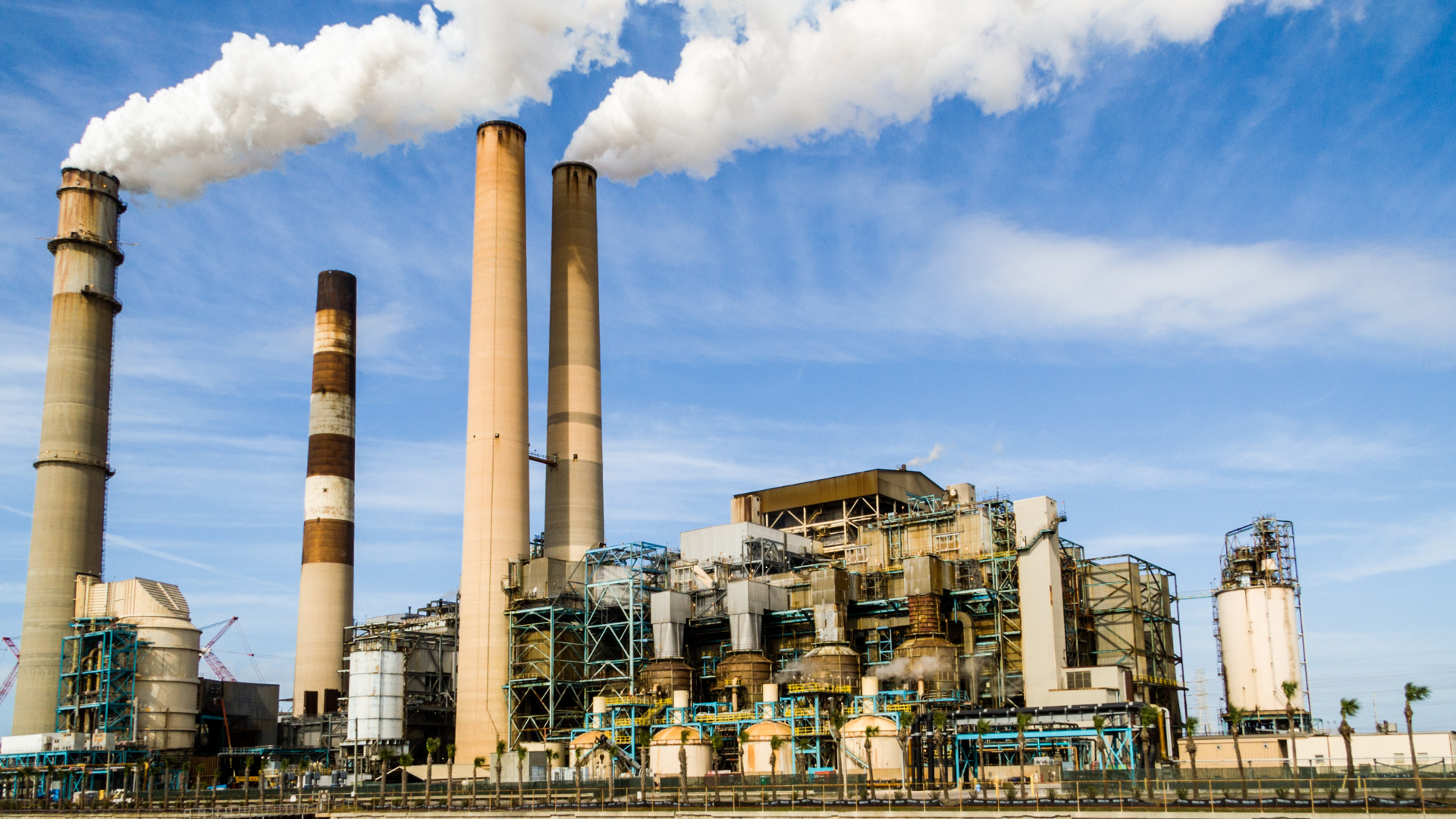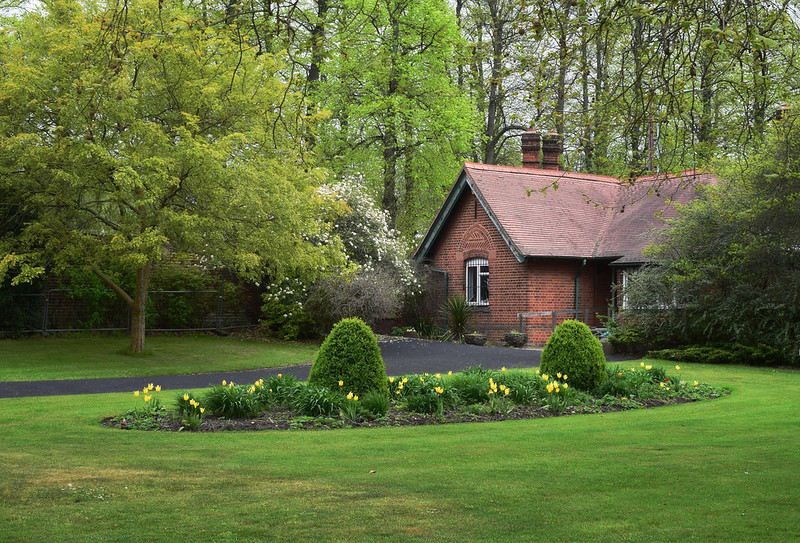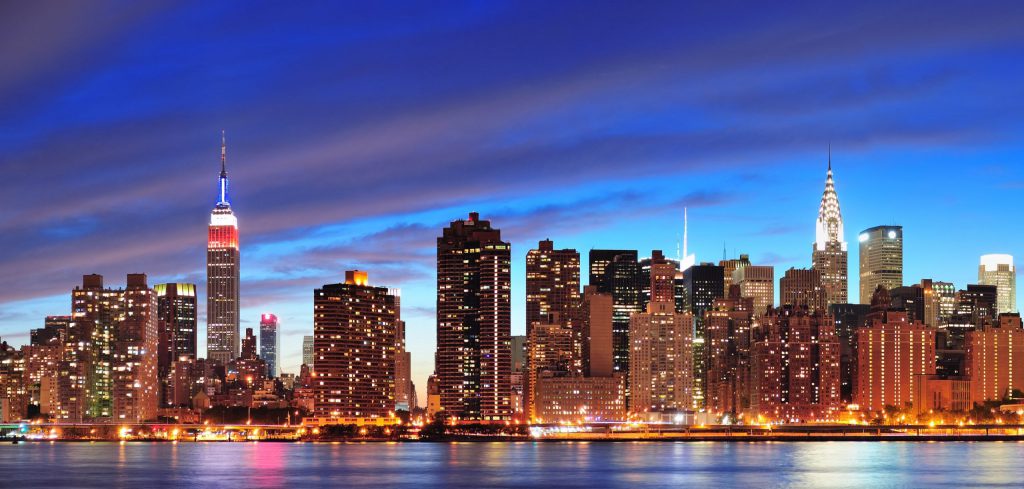An overview of the proposed peaker plant in Peabody, MA and the community’s fight for a renewable future.
In 2015, Massachusetts approved construction of a 55-megawatt (MW) natural gas power plant in an environmental justice neighborhood of Peabody, MA. The plant’s construction continues after decades of grassroots environmental justice activism, the UN Intergovernmental Panel on Climate Change’s updated report on climate change mitigation strategies, and the state’s own decarbonization plans to achieve net-zero emissions by 2050.
How did we get here? And what can be done about it?
Table of Contents
How the Global Economy Came To Rely on Fossil Fuels
“Fossil fuel” is an umbrella term used to describe various forms of coal, oil, and natural gas. Starting with the steam engine over 200 years ago, the U.S. and global economy have depended on fossil fuel extraction and combustion for heating, electricity, and manufacturing, making its use structurally ingrained into our economy. Natural gas, for instance, is used to produce a wide range of commodities including fertilizer, plastics, medications, clothing, and chemicals.
Fossil fuels constitute 74% of greenhouse gas emissions, directly causing air, light, and noise pollution that have been linked to over 8 million deaths annually worldwide. While natural gas is often touted as a less harmful fossil fuel than coal and oil, a growing body of research shows that natural gas and its extraction method, known as fracking, may be more harmful to the environment and human health. Natural gas is linked to pollution, water contamination, respiratory problems, depression, and adverse birth outcomes including heightened risk of low birth weight and certain pediatric cancers.
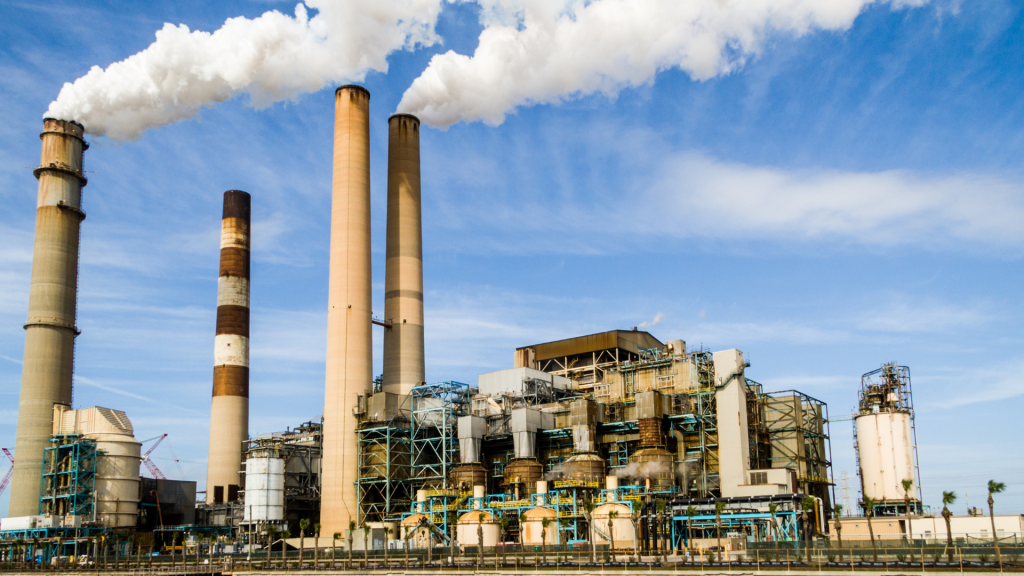
Environmental Justice Protections Codified by Law in Massachusetts
Fossil fuel’s impact on climate change, health, and the economy is felt disproportionately by Black, Indigenous, and People of Color (BIPOC) and low-income individuals who are more likely to reside in areas with high environmental toxicity. The recognition that environmental degradation disproportionately affects underserved populations is central to the framework of environmental justice. This practice identifies and addresses overlapping domains of racism, sexism, classism, and human exceptionalism that intersect with ecological destruction, socioeconomic injustices, and political disenfranchisement.
Largely due to mobilization by climate justice activists and community coalitions, Massachusetts passed an amendment codifying environmental justice protections into law on July 29, 2020. The amendment stated it would, “ensure that the commonwealth achieves its required emissions reductions equitably and in a manner that protects low and moderate income persons and environmental justice populations.” Despite this, construction of a new natural gas power plant continues in an environmental justice neighborhood of Peabody, directly contradicting the state’s goals of decarbonization and environmental protection for vulnerable populations.
Community Outcry Over Peabody Peaker
A peaker power plant typically uses natural gas to supply energy to the electrical grid during times of peak energy demand. They usually remain “on call” for most of the year and turn on as a last resort option when additional electricity is required. The new power plant, named Project 2015A, would be the third peaker on one parcel of land in Peabody.
Because of their limited usage, peakers often use old infrastructure and produce more hazardous emissions than typical power plants. The Massachusetts Municipal Wholesale Electric Company (MMWEC), along with fourteen municipal utility partners, plan to share ownership of the 55 MW plant and have received $170 million from the Department of Public Utilities to begin construction.
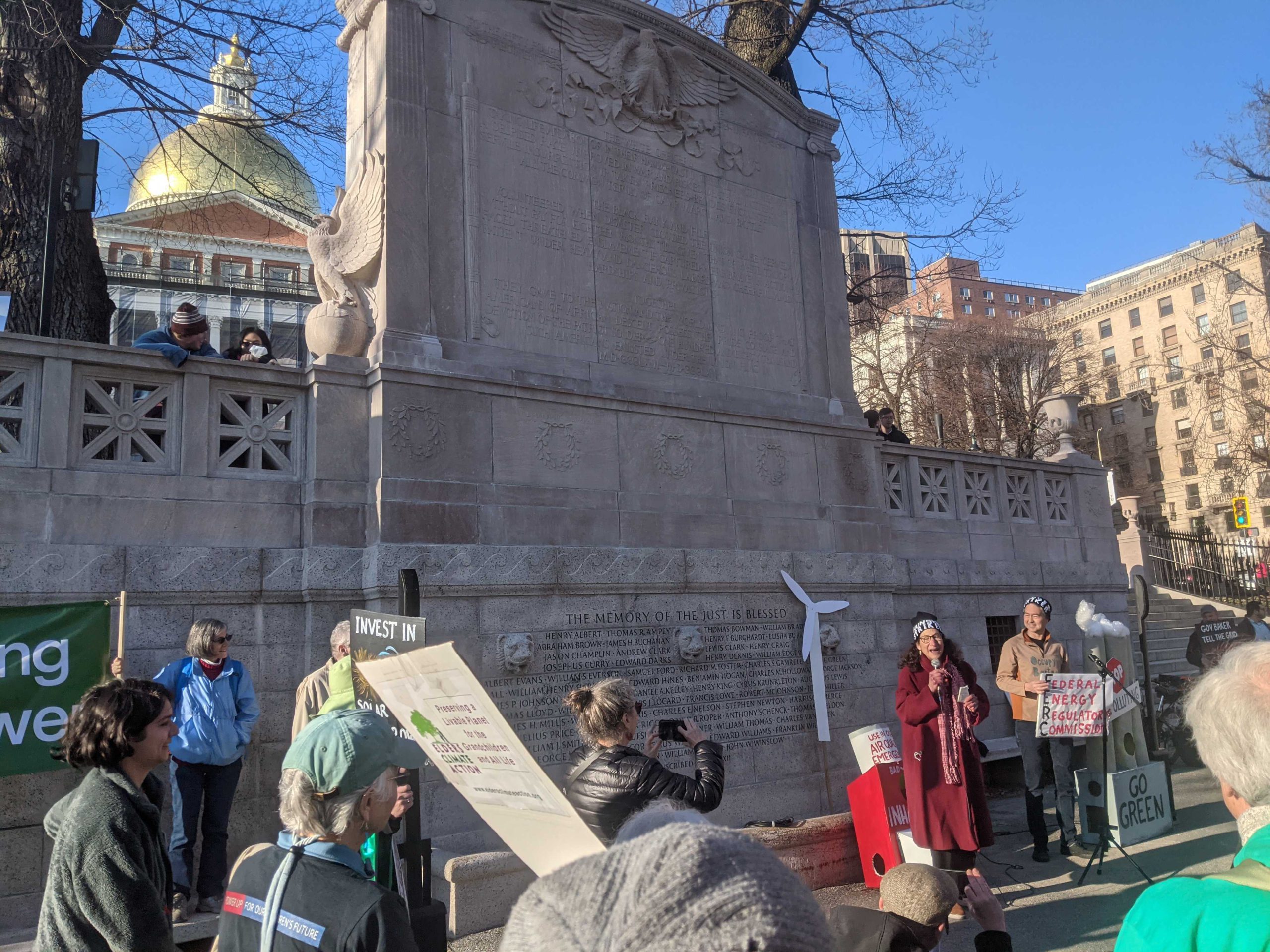
Speakers from the Fix the Grid Rally on March 16, 2022 demanding an end to the Peabody peaker construction. Photograph taken by Diana Eddowes
Despite a two-month moratorium on construction to address community members’ concerns over the plant’s contributions to environmental and health injustices, construction has resumed without a health impact assessment, environmental impact review, or local community input. The plant is permitted to emit 51,000 metric tons of greenhouse gas annually, exacerbating air pollution and associated health concerns in a community of Peabody that has already faced a disproportionate burden of climate catastrophe. For instance, communities within a 1-mile radius of the plant are near seven hazardous waste sites and two already existing carbon dioxide-emitting peakers.
MMWEC and their supporters have responded to criticism of their disregard for environmental justice and decarbonization by citing Project 2015A’s energy reliability, cost-saving capacity for homeowners, and alignment with Massachusetts’ decarbonization goals. Groups like Breathe Clean North Shore, Massachusetts Climate Action Network, Peabody Board of Health, and more have largely refuted each of these claims, giving us avenues to oppose fossil fuel infrastructure and offer alternatives for a renewable future.
Could Solar and Battery Storage Replace the Peabody Peaker Plant?
In July 2021, Massachusetts Climate Action Network and Clean Energy Group commissioned an energy storage alternative assessment from Strategen Consulting to analyze the feasibility, cost-effectiveness, and environmental impact of battery storage as compared to Project 2015A. This report found that replacing the peaker with a 4-hour 60 MW battery could reduce costs and eliminate fuel price volatility, diminish greenhouse gas emissions, and be sited in the same location as the proposed plant. While MMWEC claims that “2015A will produce fewer emissions, displacing existing older, dirtier, fast-start plants,” there are currently no plans to shut down older peakers in the area and Strategen’s report shows significant costs associated with the plant’s CO2, SO2, and NOx emissions. This report also specified that solar paired with battery storage could make the grid more resilient and provide reliable, affordable energy to consumers. Another report warned MMWEC’s municipal utility partners of ownership risks, including increased volatility in gas prices and harmful emissions that result in more displacement and harm towards Peabody residents.
Physicians, Scientists, and Engineers for Healthy Energy analyzed the viability of replacing peakers with solar and battery storage across Massachusetts, and concluded that certain indicators including energy capacity, heat rates, runtime, and the community’s cumulative vulnerability index should be prioritized when making decisions about replacing peakers with solar. A growing body of evidence suggests that solar, in general, has a number of health and climate-related benefits. One study found that solar energy can reduce public health expenditures by $5.7 million to $210 million depending on geographic location. Solar can also reduce incidence of respiratory and cardiovascular conditions such as asthma, chronic obstructive pulmonary disorder, and chronic bronchitis. Solar’s health and climate-related advantages, as well as its capability to meet energy capacity with battery storage and replace Project 2015A, are not just theoretical – they are a reality in some communities already.
Success Story: How Local Decision-Making in Oakland Replaced One Peaker With Solar
Oakland, California is home to one such project that replaced a fossil-fuel-emitting peaker in Jack London Square with a residential solar and battery storage model, providing cost-savings as well as clean energy and air to West Oakland residents. East Bay Community Energy, a local clean energy provider, spearheaded the initiative to eliminate the fossil fuel infrastructure and replace it with a 20 MW battery storage system. The solar and battery installation was largely financed by state subsidy programs, pointing to the importance of partnerships between legislators, community activists, and other critical stakeholders involved in the just energy transition. The destruction of the peaker power plant in Oakland also showcases the capacity for local organizations and community members to spearhead renewable energy initiatives, reminding us that an alternative future is possible when community-based participatory decision-making is centered.
Give the Gift of Clean Energy
The Community’s Next Steps
If we truly want to see the end of peaker plants, and the proliferation of clean energy infrastructure that advances environmental justice, it’s time we uplift the voices of grassroots organizers and community members facing imminent harm created by fossil fuels. Individuals and groups like Breathe Clean North Shore, Massachusetts Climate Action Network, 350 Massachusetts, Community Action Works, Jewish Climate Action Network, GreenRoots, Mothers out Front and many more have organized rallies, actions, hunger strikes, and weekly meetings to oppose the peaker and advocate for a future without fossil fuels. Six members of 350 Massachusetts announced their plans to commence a hunger strike on March 6 to protest the peaker. Their statements crystallize the personal, embodied, and hyperlocal consequences of relentless climate change.
Solstice Initiative was able to attend one of the groups’ sponsored rallies, “Fix the Grid,” on March 22, 2022 in the Boston Commons. Local politicians, activist groups, hunger strikers, nonprofits, and passionate community members joined to oppose fossil fuel infrastructure and listen to stories about how climate change and pollution have immediately impacted them. For updated information on Project 2015A and ways to get involved with advocacy groups that oppose the peaker, visit https://breathecleannorthshore.org/.
Like learning about community solar?
Join our monthly newsletter to hear about more renewable energy news and bold climate challenges.
